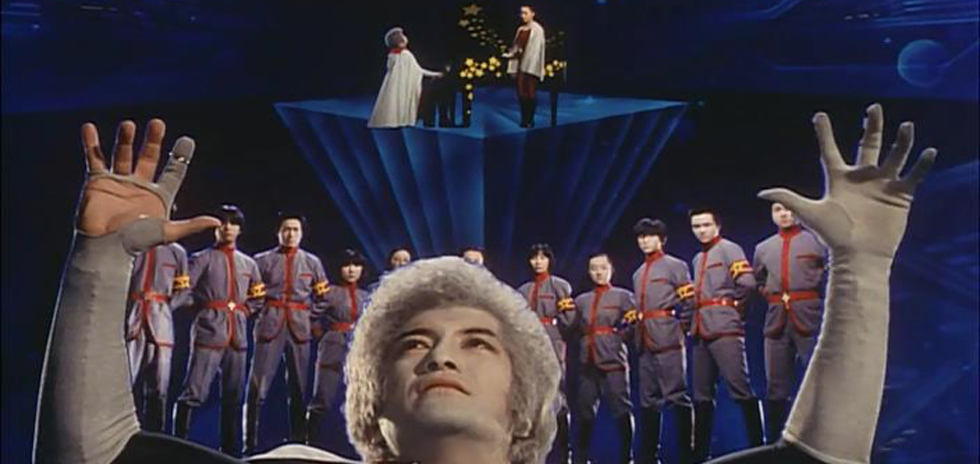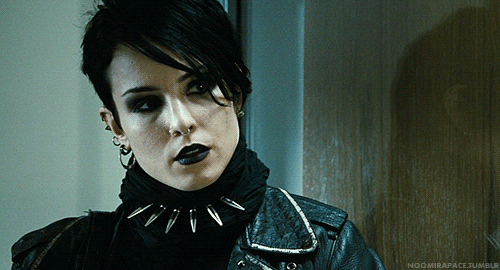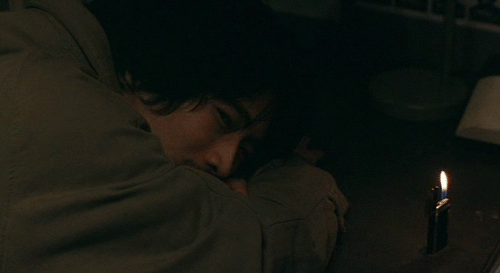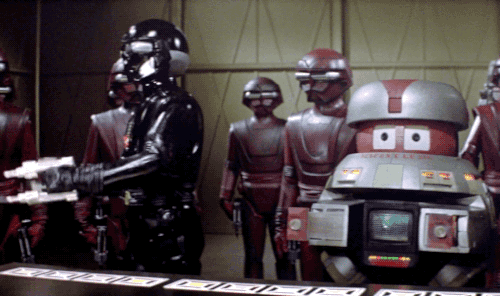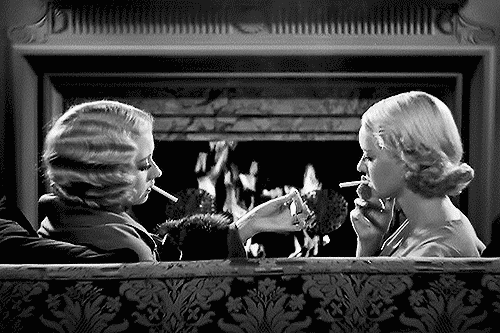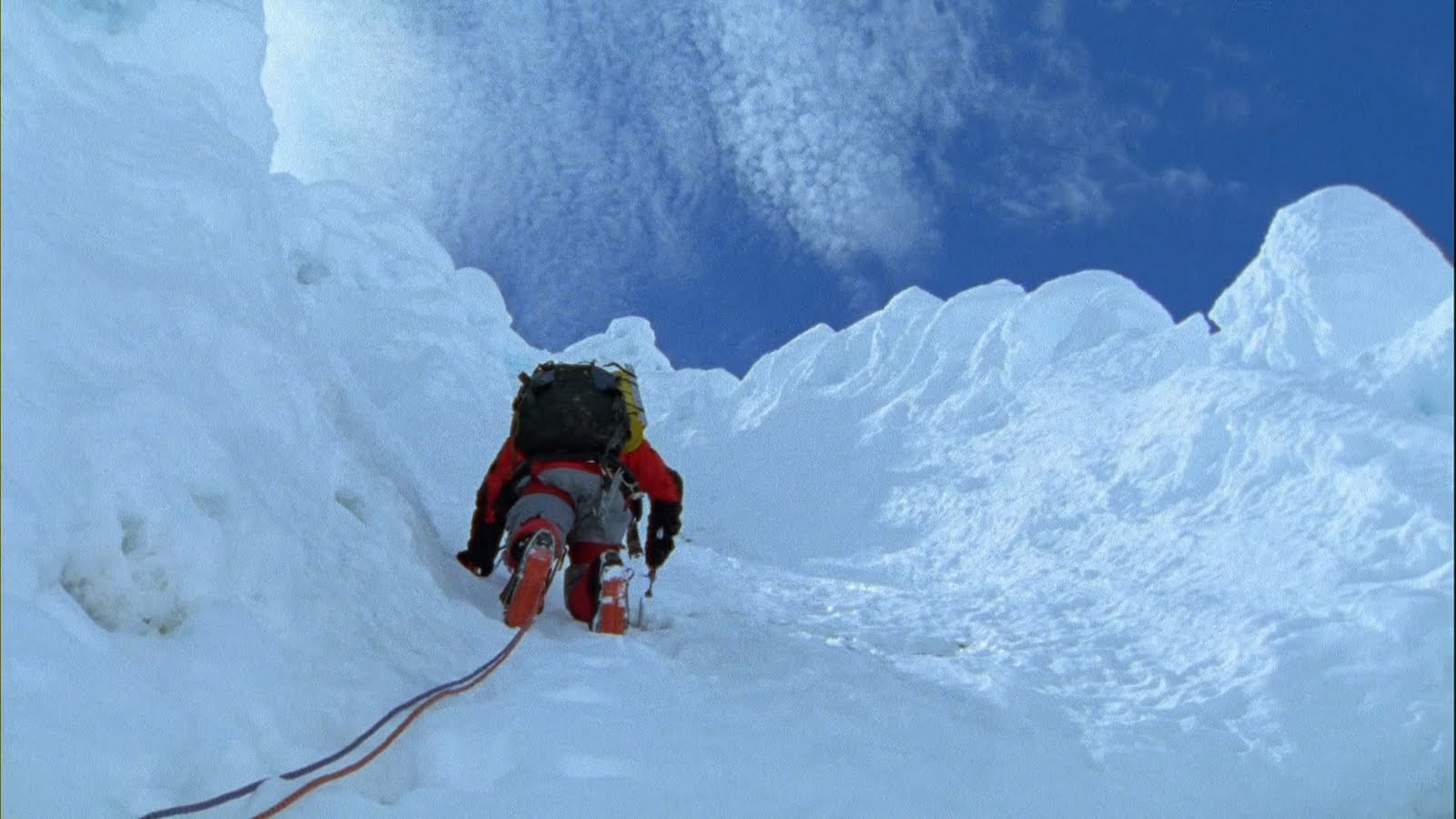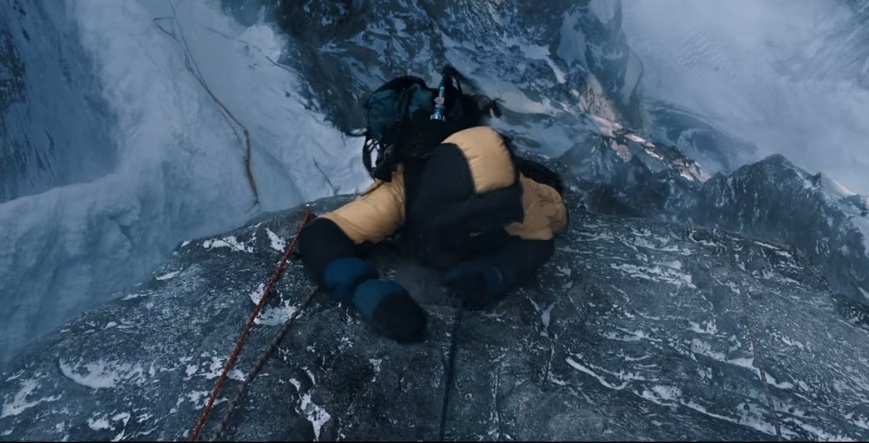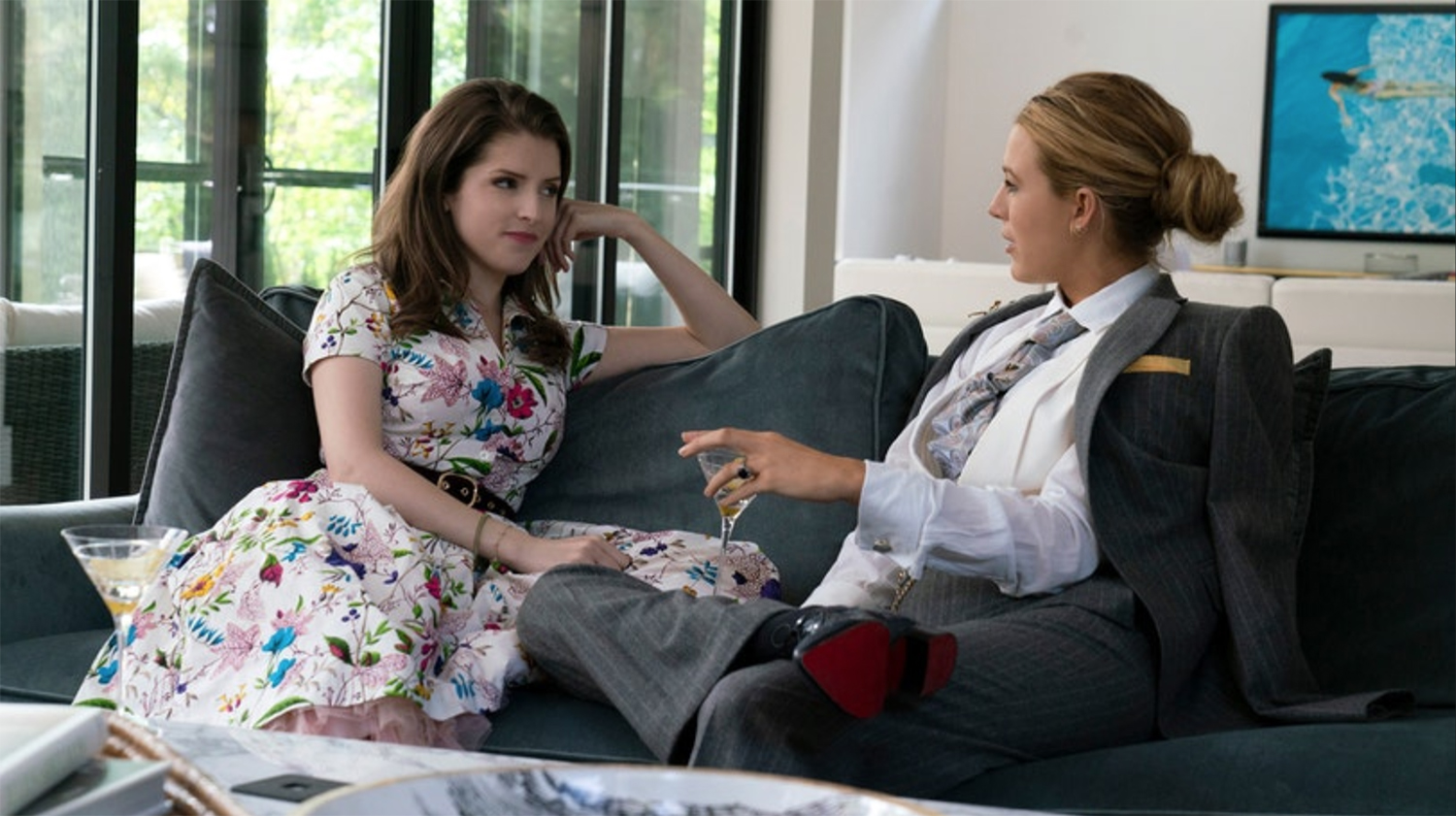Private Parts (1972) –
A naïve coming of age girl moves into an apartment with uber oddball tenants. There are some lapses of logic, but the mystery is strong, and the characters are an absolute blast (specially the priest).
Recollections of the Yellow House (1989) –
The pathetic, depressing, monotonous, and sometimes dryly hilarious life of a sickly old man. I don’t know why I liked this so much. Maybe because it feels so immersive. It’s hard not to feel for the characters, bad as they are at times.
The Hand That Rocks the Cradle (1992) –
A woman seeks revenge on a family without their knowledge. Very average psych thriller, but certainly not bad. It seems like it was made by talented pros who just clocked in and fulfilled their duties. Acting, music, cine, etc. are all very well done, but the overall result is just kind of bleh.
Pitfall (1962) –
A traveling laborer is led into a deserted town with the promise of a job opportunity. That mystery sparks a series of odd criminal events. The characters are nothing special, but the plot is consistently interesting, and has a very dark atmosphere.
Ariel (1988) –
A down and out job seeker turns to crime. Expect uber deadpan comedy, non-supermodel leads, and a hefty dose of rock n roll with pretty much any Kaurismaki flick. This is more of the same, but the editing seems much tighter, so it may be slightly more accessible than his usual sort. I wouldn’t call any of the Kaurismaki movies I’ve seen absolute favorites, but I love the guy. I think many would consider the style tedious, but I find his movies so relaxing & easy to watch, and he’s got an original voice that he sticks to. This isn’t a masterpiece, but one of the better ones I've seen. I doubt many filmmakers could find hilarity in such subtleties as passing cigarettes & a lighter back & forth.
Taste of Cherry (1997) –
A man searches at random for someone to bury him after he’s committed suicide. You’re mostly a fly in the middle of a car carried on by introspective dialogue. It feels like the writer was having this debate with himself.
A naïve coming of age girl moves into an apartment with uber oddball tenants. There are some lapses of logic, but the mystery is strong, and the characters are an absolute blast (specially the priest).
Recollections of the Yellow House (1989) –
The pathetic, depressing, monotonous, and sometimes dryly hilarious life of a sickly old man. I don’t know why I liked this so much. Maybe because it feels so immersive. It’s hard not to feel for the characters, bad as they are at times.
The Hand That Rocks the Cradle (1992) –
A woman seeks revenge on a family without their knowledge. Very average psych thriller, but certainly not bad. It seems like it was made by talented pros who just clocked in and fulfilled their duties. Acting, music, cine, etc. are all very well done, but the overall result is just kind of bleh.
Pitfall (1962) –
A traveling laborer is led into a deserted town with the promise of a job opportunity. That mystery sparks a series of odd criminal events. The characters are nothing special, but the plot is consistently interesting, and has a very dark atmosphere.
Ariel (1988) –
A down and out job seeker turns to crime. Expect uber deadpan comedy, non-supermodel leads, and a hefty dose of rock n roll with pretty much any Kaurismaki flick. This is more of the same, but the editing seems much tighter, so it may be slightly more accessible than his usual sort. I wouldn’t call any of the Kaurismaki movies I’ve seen absolute favorites, but I love the guy. I think many would consider the style tedious, but I find his movies so relaxing & easy to watch, and he’s got an original voice that he sticks to. This isn’t a masterpiece, but one of the better ones I've seen. I doubt many filmmakers could find hilarity in such subtleties as passing cigarettes & a lighter back & forth.
Taste of Cherry (1997) –
A man searches at random for someone to bury him after he’s committed suicide. You’re mostly a fly in the middle of a car carried on by introspective dialogue. It feels like the writer was having this debate with himself.
__________________


 This is such a simple yet for some reason heart-warming moment! The last 30 minutes of the film are very sad as the humor vanishes and all we're left with is the misery of life. Just when I survived all of this and thought this will be the second Yamada that didn't make me cry, the ending credits scene came. I exploded. The Japanese are the masters of cinema that pays tribute to a mother. Naruse's Mother. Shindo's Mother, and now this. Oh well, the Japanese are masters of cinema bar none.
This is such a simple yet for some reason heart-warming moment! The last 30 minutes of the film are very sad as the humor vanishes and all we're left with is the misery of life. Just when I survived all of this and thought this will be the second Yamada that didn't make me cry, the ending credits scene came. I exploded. The Japanese are the masters of cinema that pays tribute to a mother. Naruse's Mother. Shindo's Mother, and now this. Oh well, the Japanese are masters of cinema bar none.


